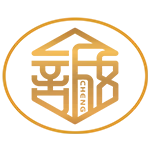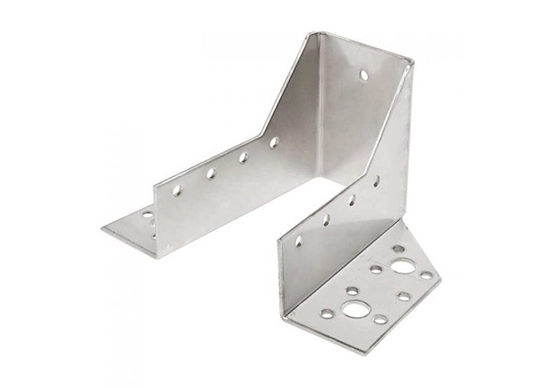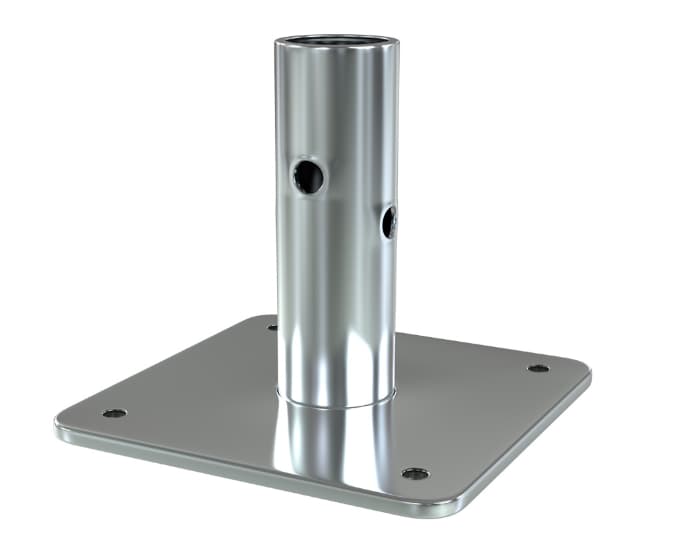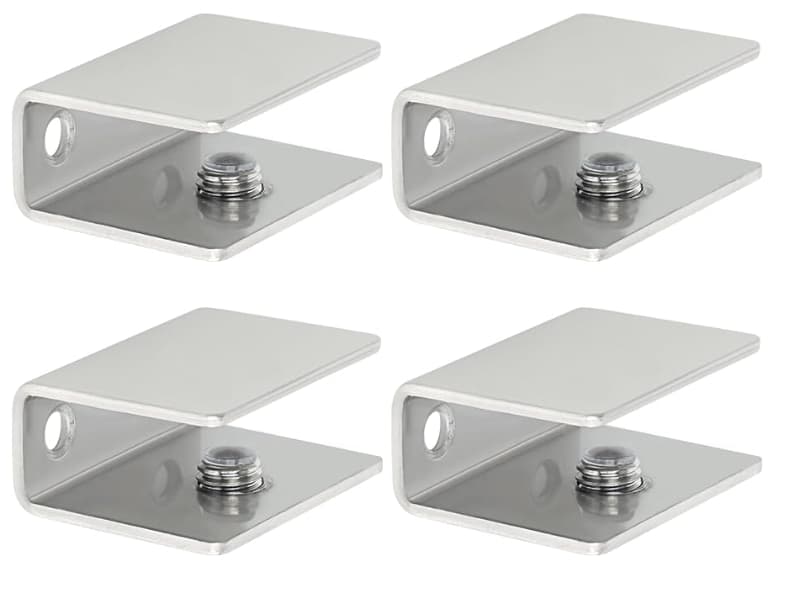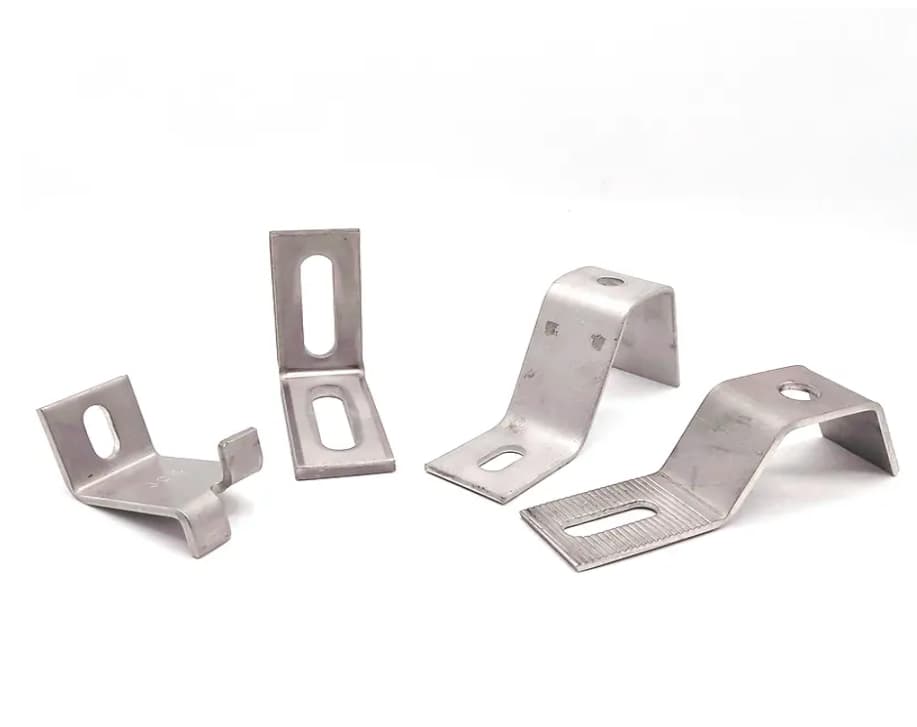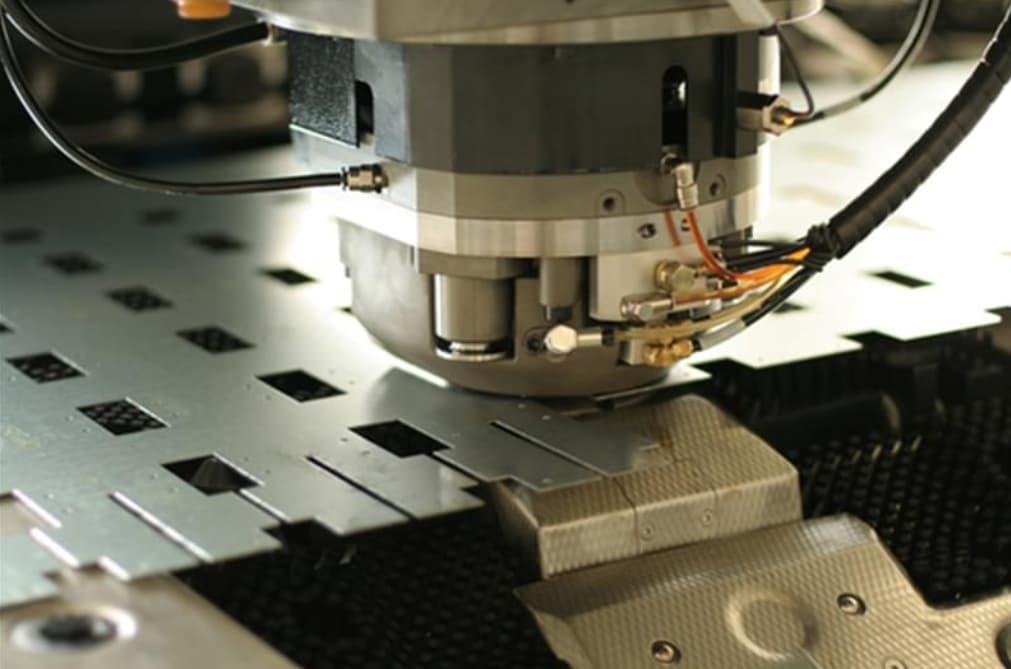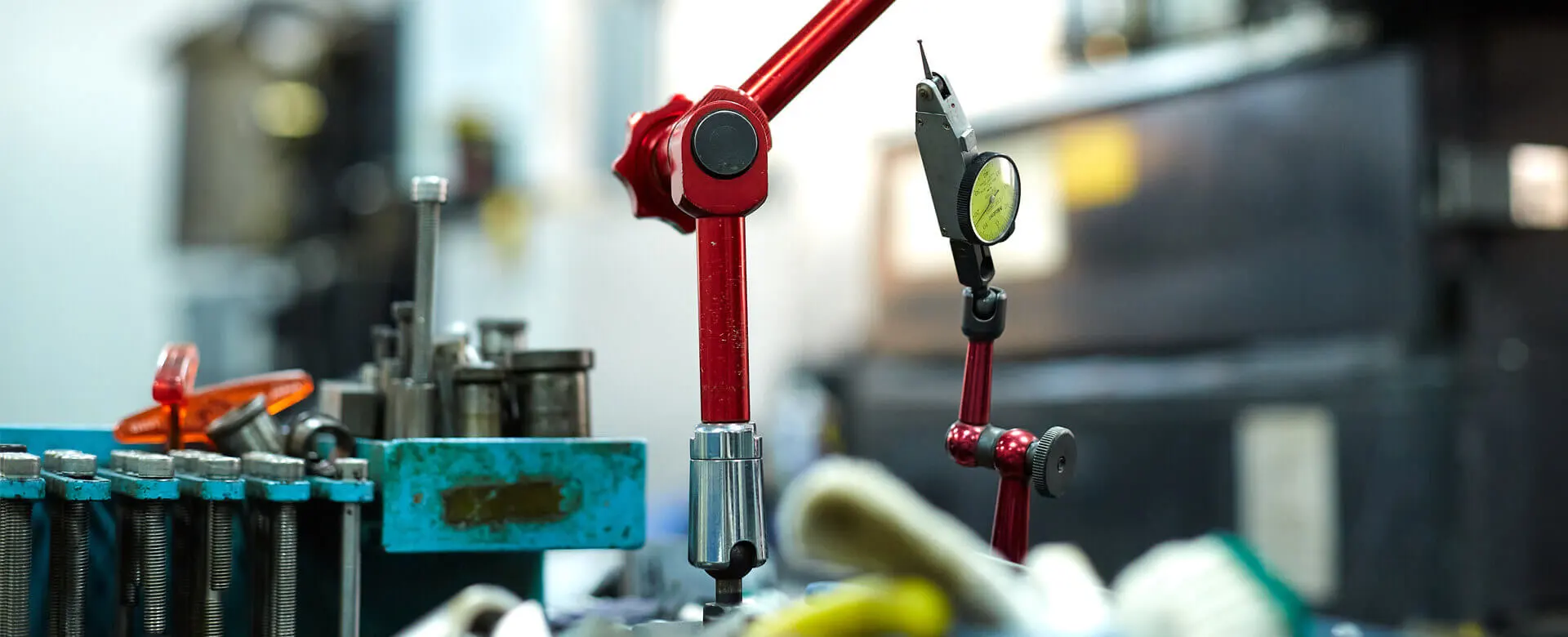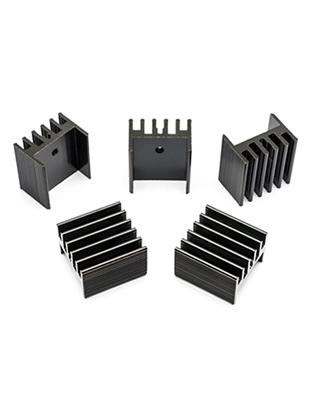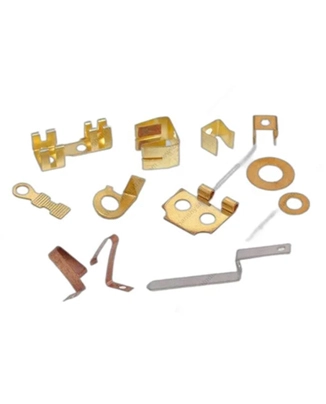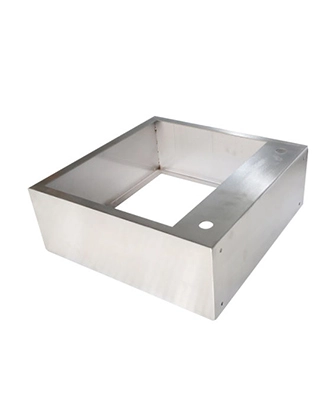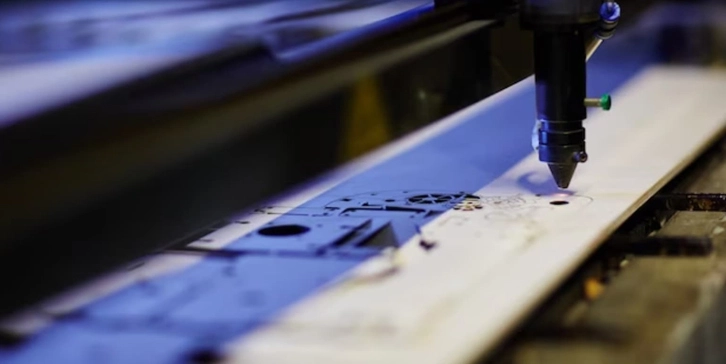Material used for fabrication of the sheet metal brackets like their design depends on their application. Material selection for metal brackets depends on the factors like design, weight, external load, vibrational stress, material of the associated products, and environmental surrounding in which bracket is installed.
Some of the common materials used for bracket are
Steel and Stainless Steel
Steel and stainless steel are two of the most used metallic materials for bracket fabrication. Steel brackets are used due to their very high strength, durability, wear resistance, and corrosion resistance.
Aluminum and Aluminum Alloy
Aluminum and its alloys are the third most used materials for bracket and supporting part manufacturing. Aluminum brackets are used for their light weight, good strength, corrosion resistance and excellent weight to strength ratio.
Titanium
Titanium is one of the most used materials in the aerospace industry. It's also widely used in race cars and sport related vehicles. Titanium brackets are used due to their extremely high strength, high wear resistance, and high temperature resistance.
Brass
Brass is one of the most used materials in home decor and aesthetics applications. Brass Brackets are used for their great appearance and corrosion resistance properties.
Copper
Copper, known for its great electrical and thermal conductivity, is used as brackets that not only work as support elements but also as the functional element in products. Copper brackets thermal and electrical conductivity make it the best choice for electrical and thermal conductive products.

